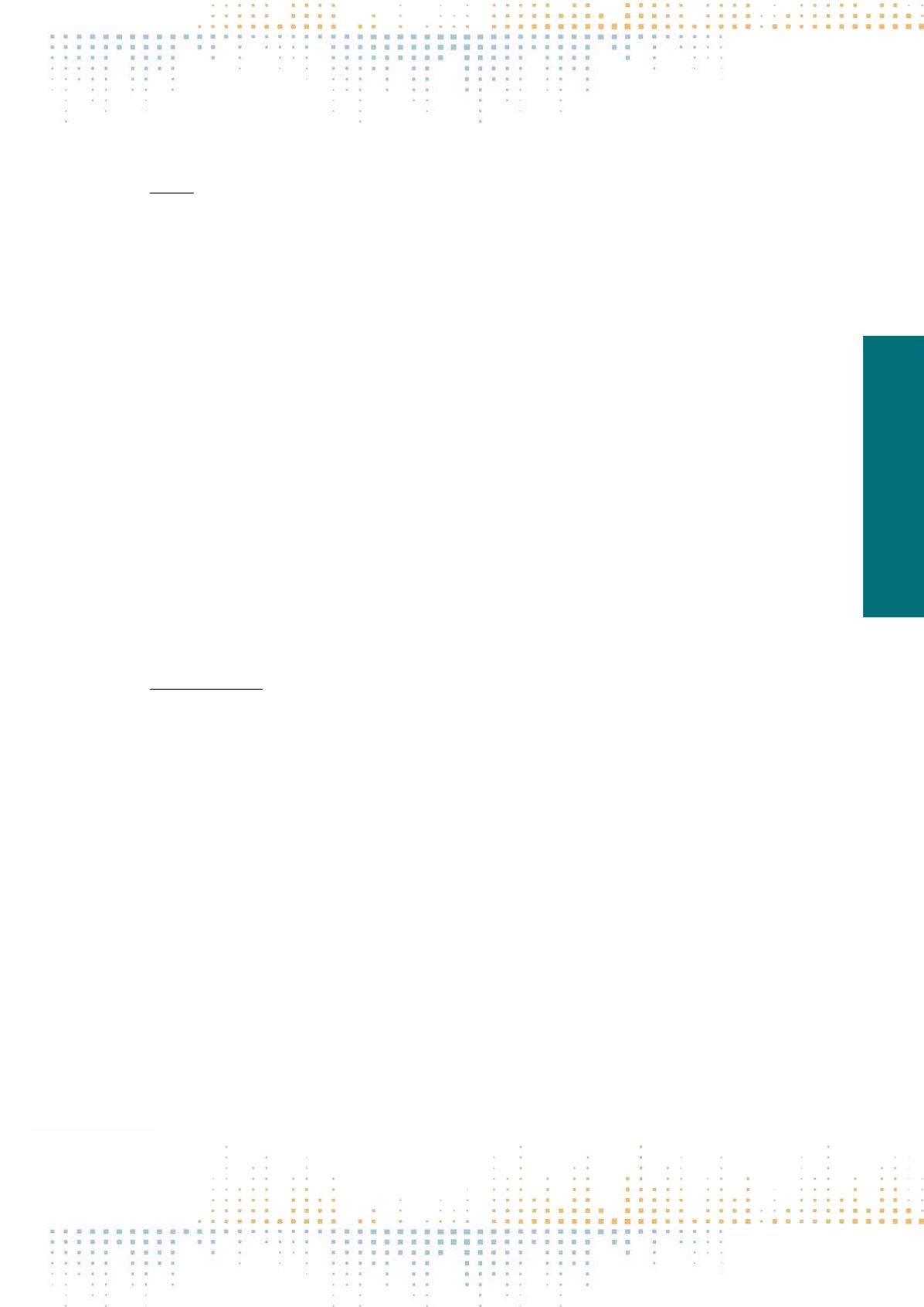

311
Saturday, November 12
1 1 : 0 0 – 1 2 : 3 0
PN 289
Exploring “Regimes of Historicity” Through Semi-Automated Quantitative Discourse Analysis: New Conceptual Insights into the Links
Between Collective Memory and Media Discourses on Armed Conflict
E. Sangar
1
1
King’s College London / University of Namur, London, United Kingdom
Why do political actors use history in media discourses on armed conflict? Scholars of International Relations interpret this phenomenon predominantly in
terms of individual interests: political actors either promote historical lessons and analogies that are hermeneutically useful to develop a better analytical
understanding and recommendation for action in complex contemporary crises. Or, political actors instrumentalize history for purely rhetorical purposes,
depending on pre-established interests that result from institutional, ideological or personal preferences. While it is methodologically difficult to empiri‑
cally distinguish between the rhetorical and the cognitive utility of political uses of history, the individualist perspective would predict that political actors
– regardless of their national background and specific interpretations of history – tend to draw more normative arguments from history than discourse
actors outside the realm of political decision-making, such as journalists and academic experts. Memory scholars, on the other hand, often highlight
the role of collective memory as a collective constraint that shapes the ways in which discourse actors perceive foreign conflicts and appropriate responses,
regardless of their institutional background. They point to the close relationship between collective memory and foreign policy identity, which results in
specific national narratives framing the interpretation of and reaction to foreign conflicts. But to what extent can these arguments help to understand
the uses of history by political actors?The links between collective memory and conflict discourses suffer from a lack of conceptualization that would enable
cross-case comparison. This contribution argues that the concept of“regime of historicity”can serve as a potential remedy for this gap. Originally developed
by the historian Francois Hartog, the concept emphasizes the socially constructed nature of societies’relationship to History, thus predicting that actors in
similar institutional settings use historical references differently across the border of their specific communities, according to their socialization in a national
collective memory and resulting foreign policy identity. For political actors, this would for example imply that historical references are used differently by
actors socialized in an identity featuring a teleological narrative of historical continuity, than by actors socialized in another identity that is built on the idea
of a rupture that has fundamentally changed a community’s relationship to the past. The plausibility of this argument will be probed using initial results
from a semi-automated quantitative discourse analysis comparing conflict debates in the French, German, and U.S. press. Through manual coding of au‑
tomatically retrieved historical references according to the categories “type of discourse actor” and “type of use”, the analysis allows to observe cross-na‑
tional patterns, which would support the predictions of the individualist perspective, and cross-institutional patterns, which would support the predictions
of the collective memory perspective. While first results are not completely clear-cut, the analysis can confirm the existence of specifically national patterns
of uses of history, and can at least for the US case also confirm the influence of a specific regime of historicity that interprets US foreign policy in terms
of a historical continuity of leadership in a recurring struggle against foreign oppressors.
PN 290
Uses of Collective Memory in News Discourse on Violent Escalation
K. Tenenboim-Weinblatt
1
, C. Baden
1
1
The Hebrew University of Jerusalem, Jerusalem, Israel
Moments of escalation in violent conflict are moments of discontinuity. Salient, destructive events disrupt prior understandings of the situation and call for
renewed sense-making, as well as a revision of current strategies for dealing with the conflict. Collective memories play an important role for both these
processes: As templates from the past, they help structuring current events, identify possible underlying dynamics, and enable predictions of possible
future developments. Furthermore, as lessons drawn from the past, they can be informative for devising suitable response strategies, and legitimize or
delegitimize specific policies. Both processes are intricately linked: Casting current escalation in terms of specific historical precedents, different courses
of action appear appropriate. Accordingly, the selection and presentation of collective memory references to understand current escalation contributes
to shaping public responses, and thereby, possibly, future developments of the conflict. In this study, we analyze recurrent uses of collective memory
references in 71 opinion leading news outlets located within as well as outside the ongoing conflicts in Syria, Israel/Palestine, Kosovo, Macedonia, Burundi,
and the DR Congo. We focus on distinctive moments of escalation over a time range of four (Syria) to almost ten years (Israel/Palestine). Departing from
a quantitative, discourse analytic strategy, we recognize recurrent patterns of language use involving 347 different references to collective memory, as well
as 3391 other meaning carrying concepts that may be linked to mobilized memories, using 8134 to 14053 unique queries in eight languages. Based on this
automated, fine-grained detection of mobilized memories and their embeddedness within the sampled news coverage, we identify distinct, common ways
of mobilizing the past across large amounts of texts. Subsequently, we subject those texts containing such common uses to an in-depth, qualitative analysis,
combining techniques of critical discourse analysis, narrative analysis, and frame analysis. Specifically, we focus on the implications for understanding and
responding to current escalation that arise from the use of mobilized memories, as well as the role of the memory references for legitimizing advocated
interpretations and courses of action. Linking the findings to established scholarship, the presentation discusses the contribution of collective memories to
public discourse on violent conflict and escalation. We assess different mechanisms for linking up past and present events, building different kinds of narra‑
tives that evaluate current events, predict or warn of likely future developments, and possibly construct prospective memories of lessons we are reminded
to apply to current conflict responses. The presentation concludes with a typology of common uses of collective memories in escalation-related conflict
discourse, suggesting avenues for further investigation.



















